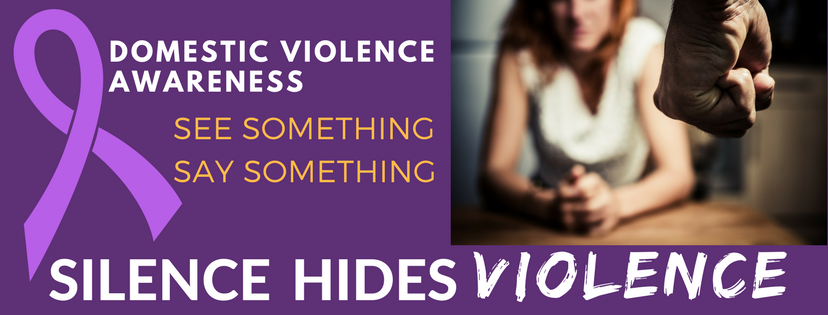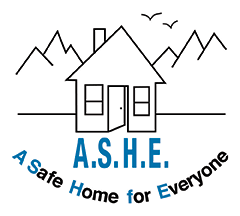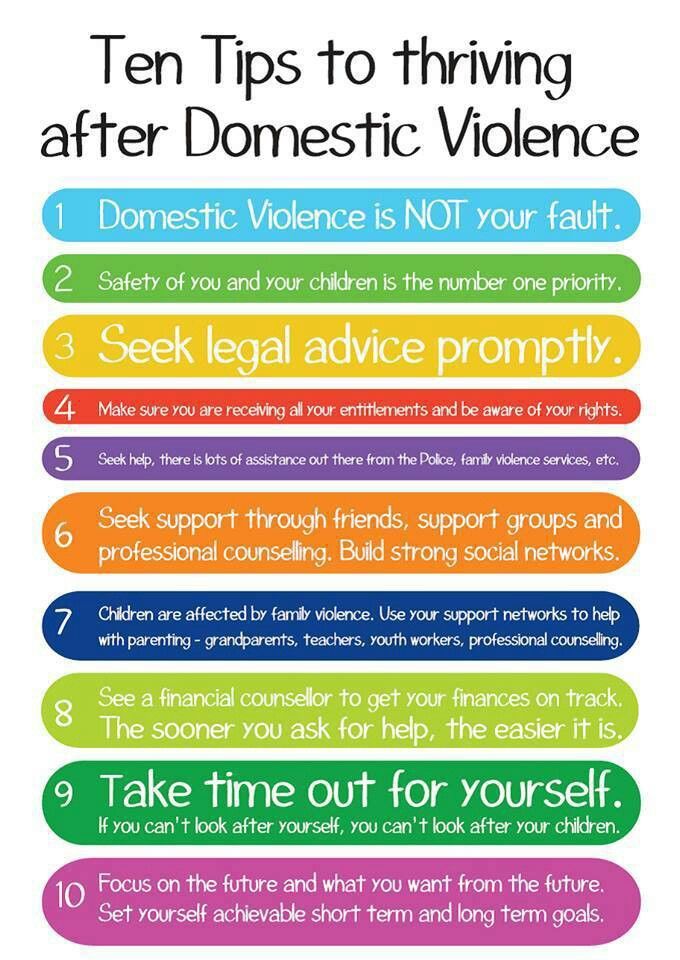Domestic Violence


If you or a loved one is the victim of domestic violence there are resources to help. The information on this page is meant to assist you in taking the next step toward protecting yourself or someone you love from future acts of abuse. The Ashe County Sheriff’s Office is here to help you take that step.
If you are in danger right now and are able to do so, call 911 for immediate law enforcement assistance. Otherwise, keep reading to learn more about your rights, your options and your resources.
If you have access to a telephone you may contact the following:
Locally you can call the A.S.H.E. (A Safe Home for Everyone) Crisis Line at 336-246-5430 or Office at 336-982-8851 for local shelter services.
National Domestic Violence Hotline 24 Hours a Day for immediate Assistance at 1-800-799-7233 or 1-800-787-3224 (TTY)
North Carolina Council for Women and Youth Involvement/Domestic Violence Commission at 984-236-0330 during normal business hours.
If you have access to a computer you may visit the following:
North Carolina Coalition Against Domestic Violence – (HERE)
North Carolina Council for Women and Youth Involvement/Domestic Violence Commission – (HERE)

The State of North Carolina has very specific laws designed to protect victims of domestic violence. If you are a victim of domestic violence you may be eligible for a Domestic Violence Protection Order. Obtaining a DVPO is an important decision and you must be sure that it is the right one for you.
A Domestic Violence Protective Order (sometimes commonly referred to as a “restraining order” or a “50B order”) is a restraining order that is designed specifically for victims of domestic violence to give them the protection they need from the abuser. It is different from a general restraining order because it allows a judge to order more specific forms of protection for a victim and law enforcement also has the power to enforce it by charging an abuser criminally if the abuser violates the DVPO.
NOTE: It is FREE to file for a Domestic Violence Protective Order/50B
To qualify for a DVPO you must share a personal relationship with your abuser. The law says that he or she must be one of the following:-
– A current or former spouse
-A parent, child, or in some cases grandparent, or grandchild
-Have a child in common
– A current or former household member
– A person of the opposite sex who you are dating or have dated
You must also be able to show or explain that your abuser has done one or a combination of the following:
– Attempted to or intentionally injured you
– Placed you or a member of your family or household in fear of imminent serious bodily injury
– Harassed you to such a level as to inflict substantial emotional distress
– Committed crimes of rape or sexual offense
A Protection Order…
– is a court order signed by a Judge
– is a document that may help protect you and prevent future acts of violence
– is a directive intended to limit actions and behavior of the offender
– is a civil action that may legally require the abuser to do things necessary to protect you or your minor child
– is a court document that allows civil and criminal penalties when the order is violated
A Protection Order…
– is not a criminal warrant
– is not a personal body guard. You must maintain a realistic understanding that a protection order, although legally binding, does not act as a “shield.” It is a tool used to hold the abuser accountable for his or her actions and assist law enforcement in quickly and efficiently providing aid to you when the order is violated.
If a judge grants you a DVPO, the judge has many options for types of “relief” or specific things the judge can order as part of the DVPO.
The most common types of relief include-
Ordering the abuser to have no contact with you
Ordering the abuser to refrain from threatening, abusing, following, harassing, or otherwise interfering with you or your minor child(ren)
Ordering the abuser to not threaten your family or household member
Granting you temporary possession (not ownership) of a residence and excluding the abuser
Ordering the eviction of the abuser from the residence and assisting you in returning to it
Ordering the abuser to not cruelly treat or abuse an animal
Granting you possession (not ownership) of an animal
Ordering the abuser to stay away order from certain places such as your residence, workplace, school, your children’s daycare or school, or to stay a certain distance (ex. 500 feet) away from you at all times.
Granting you temporary possession (not ownership) of a vehicle
Prohibiting the abuser from possessing or purchasing a firearm
Ordering the abuser to surrender current firearms and ammunition
Ordering the abuser to complete a certified batterer intervention program
Ordering temporary custody of minor children and establishment of visitation rights
Ordering any additional prohibitions or requirements deemed necessary to protect you
To take out a DVPO/50B please contact the Clerk of Court’s Office at 336-219-1400 or the Magistrates Office at (336) 219-1419. You can visit the Clerk’s website (HERE)
NOTE: You can file a DVPO in the civil clerk’s office in the county where you reside, the county where the act of domestic violence occurred, or the county where the abuser resides.
A DVPO can be issued for up to 1 year.
If the abuser violates the DVPO, you have several legal options for enforcing the DVPO. One of the unique powerful tools that a DVPO grants you is that it is enforceable by law enforcement. A violation of the order is at a minimum, an A1 misdemeanor (the most serious misdemeanor crime in NC), and in some circumstances, a felony. Therefore you have the option of reporting the violation to law enforcement.

